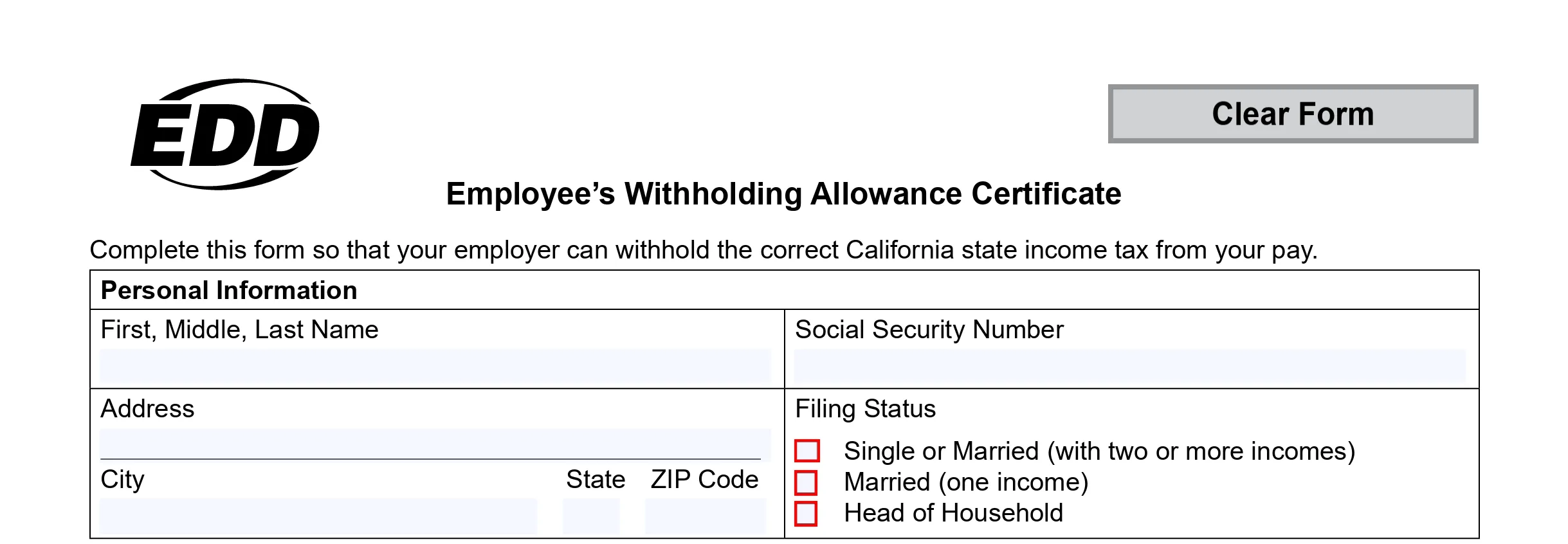Is your entity a Single Member LLC? Here you have some tips!

One of the main reasons a solo business owner decides to form their company as an LLC over Sole proprietor is to protect personal assets. What many don’t know is what it means to be an LLC from an accounting/tax perspective. As an accountant and an Enrolled Agent I want to share with you some considerations you need to have to get the best of it and to avoid future headaches.
Avoid Commingling Funds.
This is the error I see the most with my new clients, what happens when personal income or expenses get blended with business transactions?. For example, if you pay personal expenses directly out of your business bank account. You are jeopardizing your LLC status. Courts in many states can remove your benefits at the time of a sue and your personal assets would lose the protection that the LLC status gives.
Our biggest recommendation to our clients and to you is, create separate accounts from the beginning to avoid commingling. If at some point you need money from the company to take care of personal expenses write a check to yourself and record this as “Owner draws” in your books. Sometimes the case is the opposite, you can pay with a personal account some business expenses, in this case you need to record the transaction in your books as “Owner’s Contribution”, be mindful of saving the receipt.
The ideal situation is, if your business is short of money or vice versa, the best and cleanest way is to transfer money to the other account and pay expenses later, avoiding comingiling and maintaining your books in order.
How an LLC files its taxes? It depends! As everything in Accounting.

A Single Member LLC for default is treated for tax purposes as a Disregarded Entity. That means that the IRS doesn’t treat you as a separate entity, but considers you like a Sole Proprietor. You file your taxes on Schedule C when filing your personal tax return Form 1040. You might need to file an additional form for the State to keep your LLC active.
There is another option. If you choose to, you can be treated as a separate entity. An LLC can request the IRS to be treated as an S Corporation for tax purposes and file its own tax return Form 1120S. You need to file Form 2553 with the IRS to make the election. Legally you will continue to be an LLC.
What’s the difference? Which one is better?
As everything in life there are pros and cons to both options. The S Corporation offers savings in taxes by reducing your self employment payroll taxes which is the main reason it’s so attractive. On the other hand, you are going to have additional costs for the additional tax return, payroll, and other compliance issues. You need to make sure the tax savings exceed the additional costs involved when deciding to make the election.
Consult with your tax planner, attorney, or both to determine which option will give you the maximum results.



